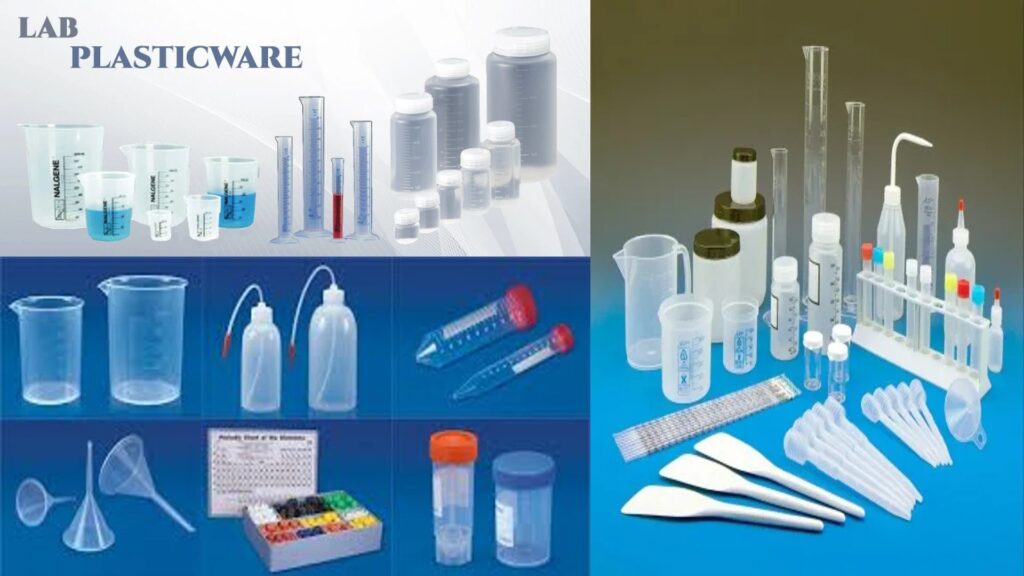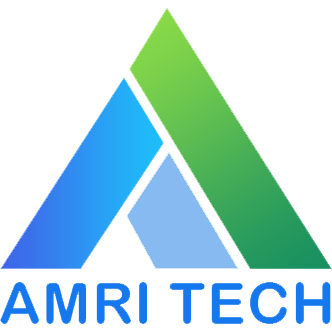Laboratory plasticware
- Home
- Products
- Laboratory plasticware
Plastic labware is a cost-effective, less breakable alternative to laboratory glassware. There are laboratory plasticware options for industry, food science, and pharmaceutical labs. Beakers, flasks, test tubes, petri dishes, pipettes, and graduated cylinders are typically made of glass, but plastic versions are available and have the advantage of being more durable and less expensive. Other plastic labware includes tubing, funnels, wash bottles, scoops, tweezers, and eye protection. The resins that the equipment is made from can be certified for use in a general lab, food lab, or pharmaceutical lab. Laboratory plasticware has another advantage over the traditional glassware in that it is recyclable, whereas the heat-resistant character of the glass used for lab equipment makes it non-recyclable.

Uses of Laboratory Plasticware
Plasticware is required for a wide variety of processes in the laboratory. However, it is essential to have a solid understanding of the chemical compatibility of plastic, specifically its physical properties, and how these properties influence compatibility with the chemicals it comes into contact with.
Plastic labware, such as beakers, cylinders, and funnels, will not shatter or break in the same way as glass labware would. Often plastic labware is considered as a suitable option that is safer/ more robust for use in the laboratory for temporary storage and handling of materials. Most plastic lab containers are recyclable and reusable.
The top uses of plasticware in the laboratory are:
- To perform experiments
- To keep a sample of the solution
- To quantify solutions,
- To handle materials
- To clean, pour, and stack.
Products List
- Laboratory Plasticware
- Laboratory Glassware
- Laboratory chemicals
- High pressure autoclaves reactors
- S.S High temp Reactor
- Ball mill
- Hot air oven
- High Temperature Furnaces
- Heating mantle
- Oil bath
- Water bath
- Silicon Carbide Heating Elements(SIC)
- Silicon carbide crucibles
- Hot plate
- Hot plate with magnetic stirrer
- PH meter
- TDS meter
- Graphite Crucibles
- 99% Alumina crucibles ,Boat ,Rod, dish, tray, plate &Tubes etc
- Graphite Rod
- Overhead Stirrers
- Metal Product
- AODD PUMP
- ETP/STP water treatment plant
- Hydraulic Pellet Press
